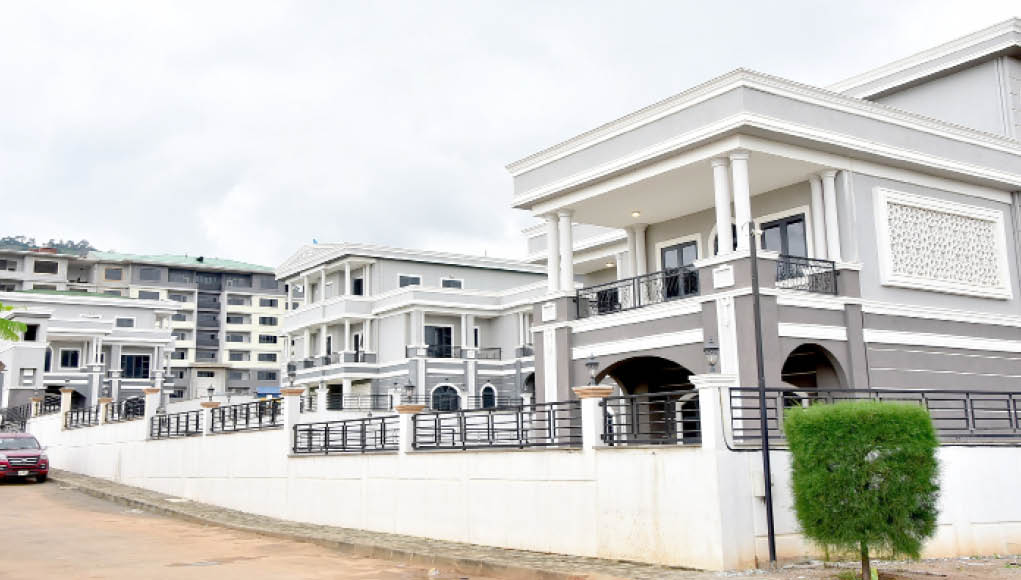Why developers default on housing delivery
As inflation affects all sectors of the economy and the social life of Nigerians, real estate developers are left bemoaning their plight as they now find it difficult to deliver housing projects to subscribers when due. Nigeria’s inflation is at an all-time high, with the National Bureau of Statistics (NBS) saying in November that in […]

Abuja
As inflation affects all sectors of the economy and the social life of Nigerians, real estate developers are left bemoaning their plight as they now find it difficult to deliver housing projects to subscribers when due.
Nigeria’s inflation is at an all-time high, with the National Bureau of Statistics (NBS) saying in November that in October 2023, the headline inflation rate increased to 27.33 per cent relative to the September 2023 headline inflation rate which was 26.72 per cent.
The economic downturn in the Nigerian economy has impacted the real estate sector in so many ways but some developers who spoke with Daily Trust said they were mostly affected by higher borrowing costs, skyrocketing costs of building materials, labour and machinery, thereby making it a risky time for new construction investments.
The President of Real Estate Developers Association (REDAN), Engr. Aliyu Wamakko, said the sector is one of the worst hit by the inflationary trend.
- 3 months after, no clue on whereabouts of abducted Zamfara varsity students
- APC, Plateau speaker lock horns over swearing-in of new lawmakers
He said, “The first thing that affected us was the removal of fuel subsidy, which affected the cost of everything by all living standards. This triggered inflation which has led to the current economic downturn. Whether imported or locally manufactured building materials, all are affected by the inflation or the fluctuation of the dollar against the naira.
“The skyrocketing rate of the dollar against the naira has affected all our dealings negatively and it has made it difficult to meet our obligations with our clients, those who have subscribed to our housing projects.
He said the challenges confronting developers now are enormous as the economic hardship bites harder.
“What you agreed with a client last year, this year, because of the exchange rate, it is no longer feasible and that is making it extremely difficult for us to deliver on our housing projects as at when due. It is very difficult for our sector to acclimatize to the current inflationary trend,” he added.
He, however, said the only way forward toward reviving the economy is through massive construction which can create jobs and rejuvenate the micro-economic structures at the grassroots.
Wamakko stressed that much money should be injected into the construction of houses as a way of cushioning the impacts of inflation on Nigerians.
Mr. Habeeb Anifowoshe, the Chief Executive Officer (CEO) of November Cubes Realty Ltd, said the economic downturn has forced many developers to engage in unwholesome practices in order to meet their housing delivery commitments with subscribers.
He lamented that essential building materials like iron rods, steel, cement, blocks, woods, chippings and many other construction materials have seen steady rise as the exchange rate dwindles.
He said, “I strongly do support the floating of the foreign exchange, however, there is a need to regulate the pricing of these building materials to mitigate the effects on the sector.
“Few developers have resorted to many unpleasant ways to tackle this situation. Some have decided to apply a reduction of material mix, substandard use of irons and other materials. While others have out rightly abandoned their projects, others go back to the client to ask for an upward review of the payment.”
Habeeb stressed that the list of how inflation and the volatile foreign exchange rate are affecting real estate is long and the overall impact on the sector is immense, a robust government intervention could turn things around.
He however said the intervention does not need to be financial.
